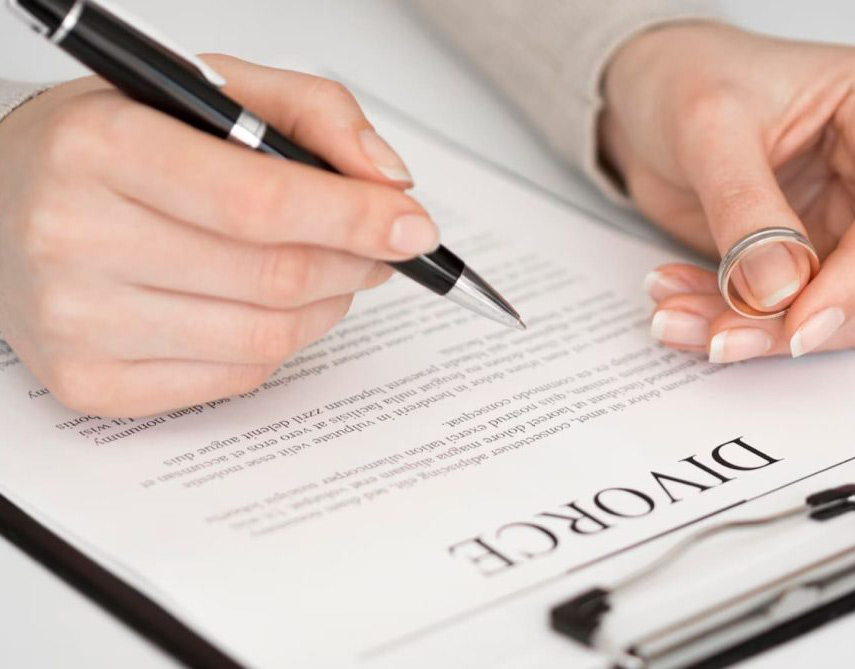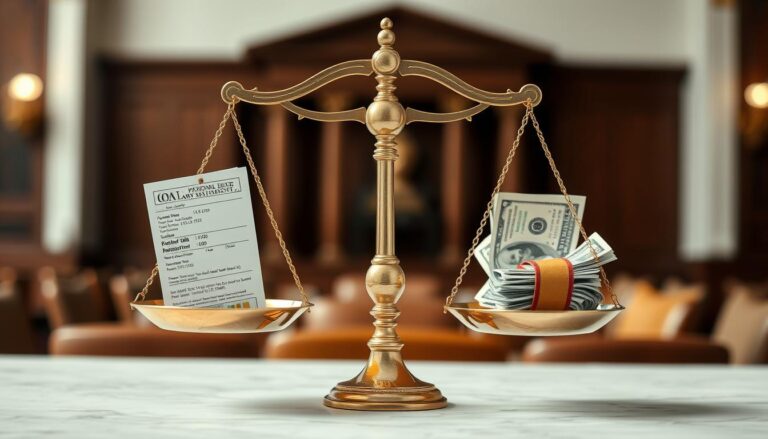What Is Assault Under Ontario Law?
Assault is defined under the Criminal Code of Canada as any intentional application of force to another person without their consent. Assault charges can vary in severity based on the circumstances of the incident and the extent of harm caused.
Types of Assault Charges
- Simple Assault: Involving minor force or threats without causing serious harm.
- Assault Causing Bodily Harm: Resulting in injuries that require medical attention.
- Aggravated Assault: Causing severe injuries or involving the use of a weapon.
- Domestic Assault: Assault occurring between intimate partners or family members.
- Sexual Assault: Non-consensual sexual contact or behavior.
- Assault with a Weapon: Involving the use of an object to threaten or harm another person.
Your Rights in an Assault Case
Whether you are a victim of assault or facing charges, understanding your rights is crucial. As a victim, you have the right to pursue justice and compensation for injuries or trauma. As someone accused, you have the right to:
- Presumption of Innocence: Until proven guilty beyond a reasonable doubt.
- Legal Representation: Access to an experienced lawyer to defend your case.
- Fair Trial: The right to present evidence and cross-examine witnesses.
Why Choose Kozyrev Law P.C. for Your Assault Case?
Extensive Experience in Assault Cases
Our legal team has successfully handled a wide range of assault cases, from simple assaults to complex aggravated assault charges. We understand the nuances of the law and are dedicated to achieving the best possible outcome for our clients.
Personalized Legal Strategies
Every case is unique. We tailor our approach to fit the specific details of your situation, whether you are seeking justice as a victim or defending against charges.
Comprehensive Investigations
We conduct thorough investigations to gather evidence, including:
- Incident reports and witness statements.
- Medical records or injury assessments.
- Surveillance footage or other relevant evidence.
Strong Advocacy
Whether negotiating a settlement, seeking compensation, or defending you in court, we fight tirelessly to protect your rights and interests.
Steps in Handling an Assault Case
Step 1: Initial Consultation
During your free consultation, we will:
- Review the details of your case.
- Assess the strength of your position.
- Provide a clear outline of the next steps.
Step 2: Evidence Collection
Our team will gather and analyze critical evidence to build a strong case, including:
- Police reports and statements.
- Medical or forensic evidence.
- Testimonies from witnesses or experts.
Step 3: Case Preparation
We will prepare your case by:
- Developing legal strategies tailored to your goals.
- Filing necessary documentation and ensuring deadlines are met.
- Collaborating with experts to strengthen your case.
Step 4: Negotiation or Trial
Depending on your case, we will:
- Negotiate settlements or plea agreements when appropriate.
- Represent you in court with a strong and persuasive argument.
Challenges in Assault Cases
Proving Intent
Assault cases often hinge on whether the accused intended to cause harm. We work to present clear evidence to support your claim or defense.
Witness Credibility
In many assault cases, the outcome relies on the credibility of witnesses. We carefully evaluate all testimonies to identify inconsistencies or biases.
Bias or Prejudice
Some cases, such as domestic or sexual assault, may involve biases or assumptions that can influence the outcome. Our team works diligently to ensure a fair trial.
Frequently Asked Questions About Assault Cases
1. What Should I Do If I Am Accused of Assault?
- Remain Silent: Do not make statements to the police without consulting a lawyer.
- Seek Legal Representation: Contact an experienced assault lawyer immediately.
- Document Your Side: Record your account of events while the details are fresh.
2. Can I Press Charges as a Victim of Assault?
Yes, you can file a police report and pursue criminal charges against the perpetrator. You may also have the option to file a civil lawsuit for compensation.
3. What Are the Penalties for Assault Convictions?
Penalties vary based on the severity of the charge and may include:
- Fines
- Probation
- Community service
- Imprisonment
- A criminal record
4. Can Assault Charges Be Dropped?
Yes, charges may be withdrawn or dismissed under certain circumstances, such as insufficient evidence or successful negotiation with the prosecution.
Protecting Your Rights in an Assault Case
- Seek Legal Advice Immediately: Contact a lawyer to ensure your rights are protected.
- Preserve Evidence: Collect any documentation or physical evidence related to the case.
- Avoid Contact: Refrain from communicating with the opposing party without legal counsel.
- Follow Legal Procedures: Adhere to court orders and deadlines to avoid complications.
Contact Kozyrev Law P.C. Today
Whether you are a victim of assault or facing charges, Kozyrev Law P.C. is here to help. Our experienced legal team will fight to protect your rights and achieve the best possible outcome for your case.
Phone: (416) 900-0933
Email: info@kozyrevlaw.ca
Location: Serving clients across Toronto and the Greater Toronto Area
Take the first step toward justice. Contact Kozyrev Law P.C. today for a free consultation and let us guide you through this challenging time.


 FAMILY LAWYER SERVING ALL OVER GTA
FAMILY LAWYER SERVING ALL OVER GTA



